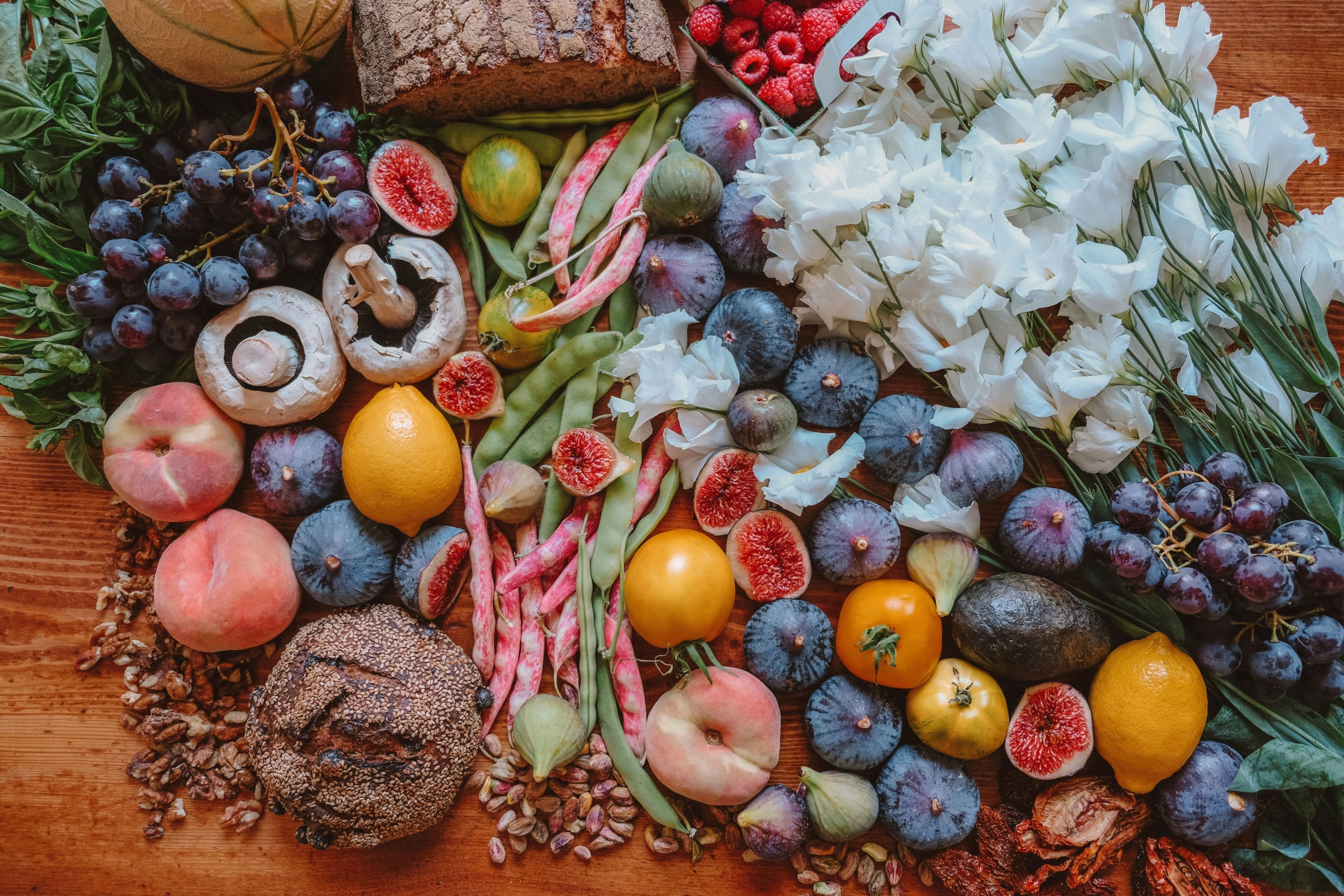
the study of the human microbiome has revolutionized our understanding of nutrition. Scientists now recognize that the trillions of microorganisms living in our gut play a crucial role in digestion, immune health, mental clarity, and even our mood.
With a growing body of research linking gut health to overall well-being, more people are focusing on feeding their microbiome with nutrition that supports the “good” bacteria.
What is the Gut Microbiome?
The gut microbiome consists of an immense population of bacteria, viruses, fungi, and other microbes living in our digestive tract. Each person’s microbiome is unique, much like a fingerprint, and influenced by diet, lifestyle, genetics, and environment. While some gut bacteria are associated with inflammation or disease, many others support crucial functions like breaking down food, producing vitamins (such as B and K), and protecting the gut lining.
The Link Between Gut Health and Nutrition
Gut health and nutrition are interdependent. A diet rich in fiber, for example, provides fuel for beneficial gut bacteria, allowing them to produce short-chain fatty acids (SCFAs) that reduce inflammation and support digestion. Foods high in polyphenols—like berries, dark chocolate, and green tea—also feed beneficial bacteria, enhancing the gut’s ability to process these nutrients into antioxidants that protect cells throughout the body.
On the other hand, a diet high in sugar, processed foods, and unhealthy fats can feed harmful bacteria, potentially leading to an imbalance known as dysbiosis. Dysbiosis is associated with various health issues, including obesity, heart disease, and mental health disorders.
Probiotics and Prebiotics: Feeding Your Gut
The terms “probiotics” and “prebiotics” often come up in discussions about gut health:
- Probiotics are live bacteria found in fermented foods like yogurt, kefir, sauerkraut, and kimchi. These beneficial bacteria can help restore gut balance and improve digestion, especially after a course of antibiotics.
- Prebiotics are fibers that humans can’t digest, but our gut bacteria can. Foods like garlic, onions, asparagus, bananas, and oats are rich in prebiotics, feeding the good bacteria and helping them thrive.
A well-balanced diet including both probiotics and prebiotics supports a diverse microbiome, essential for optimal health.
Gut Health and Mental Wellness
Fascinating research has emerged linking gut health to mental wellness. Known as the “gut-brain axis,” this relationship suggests that gut bacteria communicate with the brain through neural, hormonal, and immune pathways. Studies have found that individuals with a balanced microbiome often experience improved mental clarity, better stress responses, and even reduced symptoms of depression and anxiety. Fermented foods and high-fiber diets can play a significant role in nurturing a positive gut-brain connection.
Practical Tips for a Healthy Gut
- Eat a Rainbow of Fruits and Vegetables: A variety of plant foods helps cultivate a diverse microbiome.
- Incorporate Fermented Foods: Yogurt, kefir, and kimchi can provide beneficial bacteria.
- Avoid Excessive Sugar and Processed Foods: These feed harmful bacteria, disrupting gut balance.
- Opt for Whole Grains: These are high in fiber, which fuels beneficial bacteria.
- Stay Hydrated: Water supports digestion and nutrient absorption.
Incorporating these habits into your daily routine can have lasting benefits for your microbiome and overall well-being.




